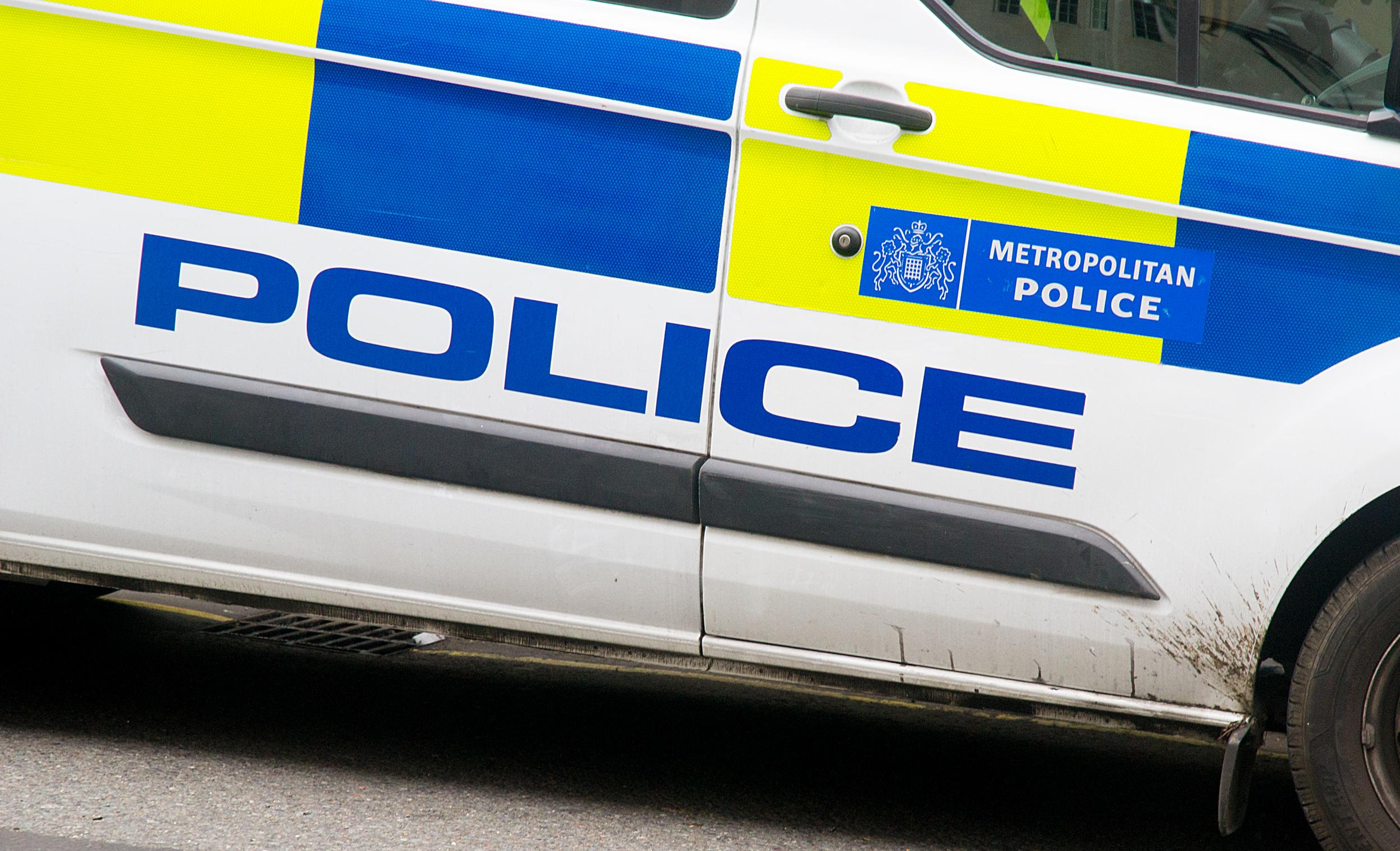When I reported my rape, the police asked for my Facebook login. Why should I be under more scrutiny than my attacker?
Like many young people, I’ve used social media to send messages of a sexual nature to boyfriends and discuss one-night stands in great detail with housemates

Your support helps us to tell the story
From reproductive rights to climate change to Big Tech, The Independent is on the ground when the story is developing. Whether it's investigating the financials of Elon Musk's pro-Trump PAC or producing our latest documentary, 'The A Word', which shines a light on the American women fighting for reproductive rights, we know how important it is to parse out the facts from the messaging.
At such a critical moment in US history, we need reporters on the ground. Your donation allows us to keep sending journalists to speak to both sides of the story.
The Independent is trusted by Americans across the entire political spectrum. And unlike many other quality news outlets, we choose not to lock Americans out of our reporting and analysis with paywalls. We believe quality journalism should be available to everyone, paid for by those who can afford it.
Your support makes all the difference.At the age of 15, I was raped by an 18-year-old I’d met online. Although I tried to downplay the severity of what happened and blamed myself for agreeing to go to the house of someone I’d only just met, over time the memories gradually ate away at me. It was only when I googled my rapist’s name in February 2018 and discovered that he was in prison for committing another crime involving an underage girl that I found the courage to contact the police.
I have a lot of praise for the officers involved with my case. From the moment I picked up the phone to the day they informed me there wasn’t enough evidence to take my rapist to court, I felt respected and believed. However, there were elements of the investigation that made me feel uneasy, such as the day I was asked me to share my Facebook login details.
I’d reported my rape not long after Liam Allan’s case had been dropped due to the last-minute discovery of private messages suggesting his accuser had consented to sex. As a result, all eyes were on the police to ensure digital evidence was being disclosed.
Just a few weeks prior to the request for my username and password, I had visited a local police station to give my full account of what happened. I’d sat in a room full of cameras and talked in excruciating detail about my experience. Although I understood the pressure the officers were under, it was frustrating to be asked to part with even more sensitive, private and potentially embarrassing information.
Unfortunately, I’m far from alone in my experience. This week we learned that charges are at risk of being dropped if rape accusers are unwilling to hand over phones and share login details with the police.
This news has sparked outrage among campaigners. Many have argued that victims will find it even harder to come forwards if they have to share such personal data.
Since joining Facebook at the age of 17, I’ve used the network to send messages of a sexual nature to boyfriends, discuss one-night stands in great detail with housemates, and joke about very minor petty crimes I may or may not have committed with friends.
Max Hill, director of public prosecutions, claims that everyone caught up in a crime, whether as a witness or a complainant, should expect that there may be information on their devices that could prove relevant in a criminal investigation. But considering I didn’t even have a Facebook account at the time of my rape, I couldn’t see what purpose my social media data could serve other than to cast doubt about my credibility among jury members. I politely refused, and the police continued their investigation.
We often hear about rape victims’ sexual histories being dragged through the courts, so I was afraid that some of the consensual experiences I’d had in the years since I was raped could be used to paint me in a negative light.
Meanwhile, in many ways, my rapist’s personal life would be protected. Criminal defence solicitors tend to advise their clients to refuse access to their phones and personal data – and it can be surprisingly difficult for the police to override this decision.
The police warned me that even if the case did go to court, it was unlikely that my rapist’s convictions would be disclosed due to the risk of prejudicing the trial. After all, if the jury learned that my rapist was a convicted paedophile, they’d almost certainly find him guilty of rape and disregard all other evidence.
The suggestion that I should hand over my social media data made me feel like I was under investigation – and yet I wasn’t afforded the privilege of a lawyer like my rapist was. I was having to figure it all out alone.
This week’s news has left me wondering how many other victims have felt pressured into handing over the keys to their social media accounts. How many victims have seen their digital lives used to cast doubt on their words, and as a result, how many have found themselves under far greater scrutiny than their rapists?
Join our commenting forum
Join thought-provoking conversations, follow other Independent readers and see their replies
0Comments